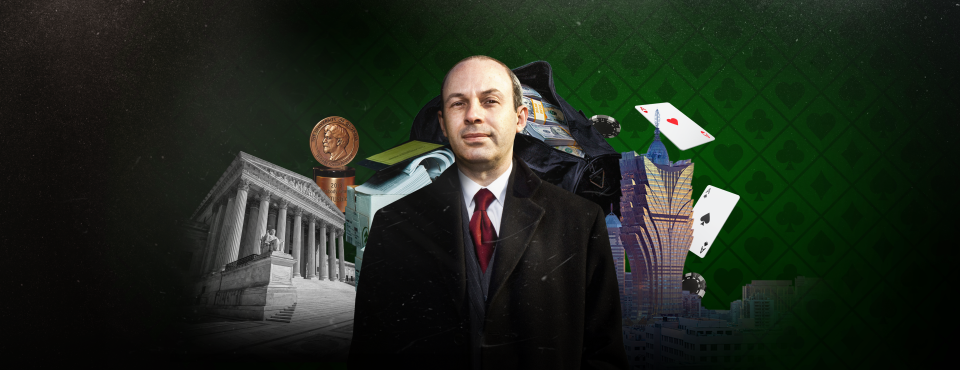The US pushed back against SCOTUSblog founder Tom Goldstein’s bid to end electronic monitoring of his devices, alleging the defendant remains a flight risk who failed to disclose cryptocurrency assets to the government and court.
Goldstein was arrested based on the government’s claim that he made prohibited cryptocurrency transfers in violation of his release terms for tax crimes. Magistrate Judge Timothy J. Sullivan released him after three days, but imposed new monitoring conditions, when the defendant cast doubt over his ownership of the at-issue accounts. Goldstein appealed those conditions on Feb. 27, saying they were cased on the incorrect assumption that he controlled the cryptocurrency wallets.
One cryptocurrency wallet that Goldstein denies owning or controlling, with the designation 935B, received and sent approximately $100 million in cryptocurrency between November 2022 and the present, the government said.
The monitoring conditions should stay, the US said, because Goldstein’s own account of events denying control over the wallets demonstrates his risk of flight.
“Even if Defendant does not own or control the 935B wallet, these facts show Defendant’s connection to individuals—possibly abroad—who have controlled tens of millions of dollars in cryptocurrency through an unhosted wallet,” the US said. His correspondence “underscores how Defendant has used, and can continue to use, unhosted cryptocurrency wallets to facilitate transfers of large sums of money with gambling and/or foreign contacts.”
The government also pushed back on Goldstein’s claim that, because the wallet engaged in $2 million in transfers during his incarceration, he couldn’t possibly control the account as alleged.
“Defendant has shown only that he needed someone else to provide the public address for the 935B wallet and that someone other than him accessed that wallet while he was detained,” the government’s brief said. “The timing of recent transfers suggests that one or more of the transfers may have been done by or at the direction of Defendant.”
Goldstein, an appellate attorney with a long career arguing before the Supreme Court, was indicted for tax evasion and making false statements on a loan application. The Justice Department says he concealed gambling-related income and disguised personal expenditures using his law firm.
Munger, Tolles & Olson LLP represents Goldstein.
The case is United States v. Goldstein, D. Md., No. 8:25-cr-00006, opposition to appeal 3/6/25.
